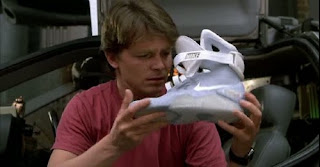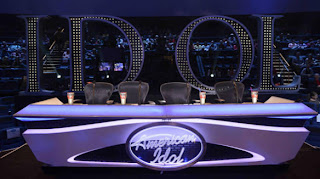People feel like they should not be subjected to advertising in every aspect of their life, and I am completely alright with that, whether it's billboards in your faces, bus banner ads or posters everywhere at a school campus it's everywhere and sometimes overwhelming. However in Television advertising is one of the only ways for television shows to make money (aside from royalties and licensing), and usually there is a separation between commercials and programs which people can distinguish easily and product placement is bringing that down. Some people have objected this and I agree to some extent (children for instance cannot distinguish the difference), but please for the sake of argument entertain a thought for me:
On several occasions companies will sponsor a whole season premiere or finale and there would be NO COMMERCIALS.
As a marketing student I don't typically mind watching commercials as I know it's part of the business and a necessity, however when Ford is willing to sponsor the season premiere of 24 and throw their vehicles in the show in exchange for saving me 10 minutes of advertising during the episode I am ecstatic. In fact it is really Win-Win, Ford gets their product showcased on the episode and promises no other advertisers will be there and everyone gets an uninterrupted episode of a high profile show.
P.S this ford logo barely appeared in the 2002 season premiere of 24 but had a huge impact from consumers

I welcome any thoughts on whole sponsorship and for more information please see this link:
How sponsorship (product placement) works



















